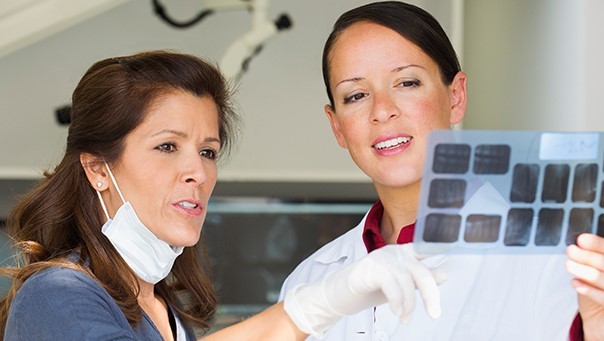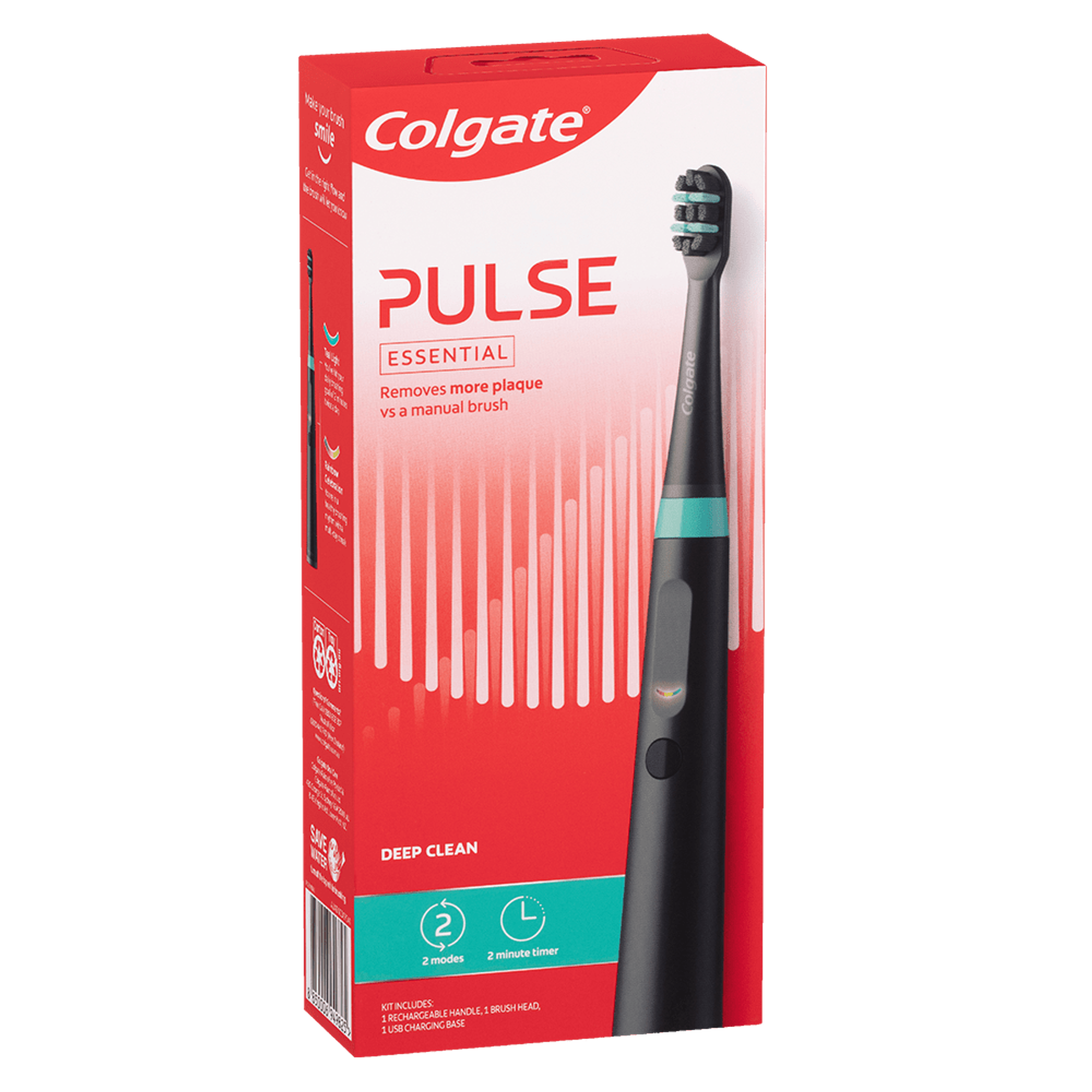-
-

BRUSHING & FLOSSING
How to BrushWhat Is the Right Way to Brush?
Proper brushing takes at least two minutes — that's right, 120 seconds!...

BRUSHING & FLOSSING
How To FlossWhat is the Right Way to Floss?
Proper flossing removes plaque and food particles in places where a toothbrush cannot easily reach... -
Science & Innovation
- Home
- Oral Health
- Cancer
- Detecting Tongue Cancer Symptoms


Say the word "cancer" and most people think of the most well-known conditions: lung, breast, colon, brain, skin and pancreatic cancer. Although oral cancer – specifically that of the tongue – tends to be an afterthought, the tongue plays a crucial role to eating and speaking. It is therefore important to know what to look for in tongue cancer symptoms so your oral health doesn't threaten these basic functions.
What is tongue cancer?
The tongue is divided into two parts. The front two thirds is the 'mobile' tongue, whereas the back third is the tongue base. Tongue cancer that affects the 'mobile' tongue usually originates in thin, flat cells known as squamous cells that cover the tongue's surface. Any cancer that develops on the tongue base is known as an oropharyngeal cancer.
Tongue cancer symptoms
If you suspect you might have tongue cancer, consulting your dentist is the first step. He or she will want to perform a thorough oral examination. Here are a few symptoms that, as described by Cancer Council Australia, may indicate the presence of an oral cancer:
- Loose teeth
- Pain when swallowing
- Changes in speech
- Red or white blemishes anywhere in the mouth, especially on the tongue
- Mouth numbness
- Unexplained weight loss
Detecting tongue cancer
Having noticed one or more symptoms indicating potential tongue cancer, make an appointment right away to see your dentist. Your dentist will perform an oral examination, which includes checking the tongue, throat, cheeks, roof and floor of the mouth and neck lymph nodes for any abnormalities. If the dentist does discover any abnormality he or she will likely recommend a biopsy of the affected tissue to assist in the diagnosis, and may refer you to a medical specialist.
Treatment methods
If diagnosed, tongue cancer has several treatment approaches depending on the size of the lesion and whether or not it is localised to the tongue, or has spread to involve the neck's lymph nodes. Surgical treatment, radiotherapy and chemotherapy are all possible treatment options that your medical specialist may recommend; these treatments are sometimes used in combination.
Any form of cancer can be considered a life-threatening condition, and therefore deserves the best medical attention to ensure your course of treatment is ideal for you. The best way to minimise the risk of tongue cancer symptoms is to live the healthiest life possible. This includes maintaining an oral health routine that avoids tobacco products and keeps your teeth and tongue healthy through brushing twice daily, flossing once daily and twice-yearly professional cleanings and check-ups with your dental professional.
Remember that this article is not meant for self-diagnosis. Your first step should be making an appointment with your dentist or doctor right away.
Related Articles

The pain from a toothache can be debilitating, and it's usually an indication of a deeper issue such as tooth infection.

If you have been experiencing problems with a tooth, you may wonder, "Do I need a root canal filling?" Root canal fillings, also known as endodontic therapy, are performed when the nerve or pulp of the tooth becomes infected

When people are told that they need a root canal therapy, they often worry that it's going to be painful.
This article is intended to promote understanding of and knowledge about general oral health topics. It is not intended to be a substitute for professional advice, diagnosis or treatment. Always seek the advice of your dentist or other qualified healthcare provider with any questions you may have regarding a medical condition or treatment.
Related Products

Helping dental professionals
More professionals across the world trust Colgate. Find resources, products, and information to give your patients a healthier future








